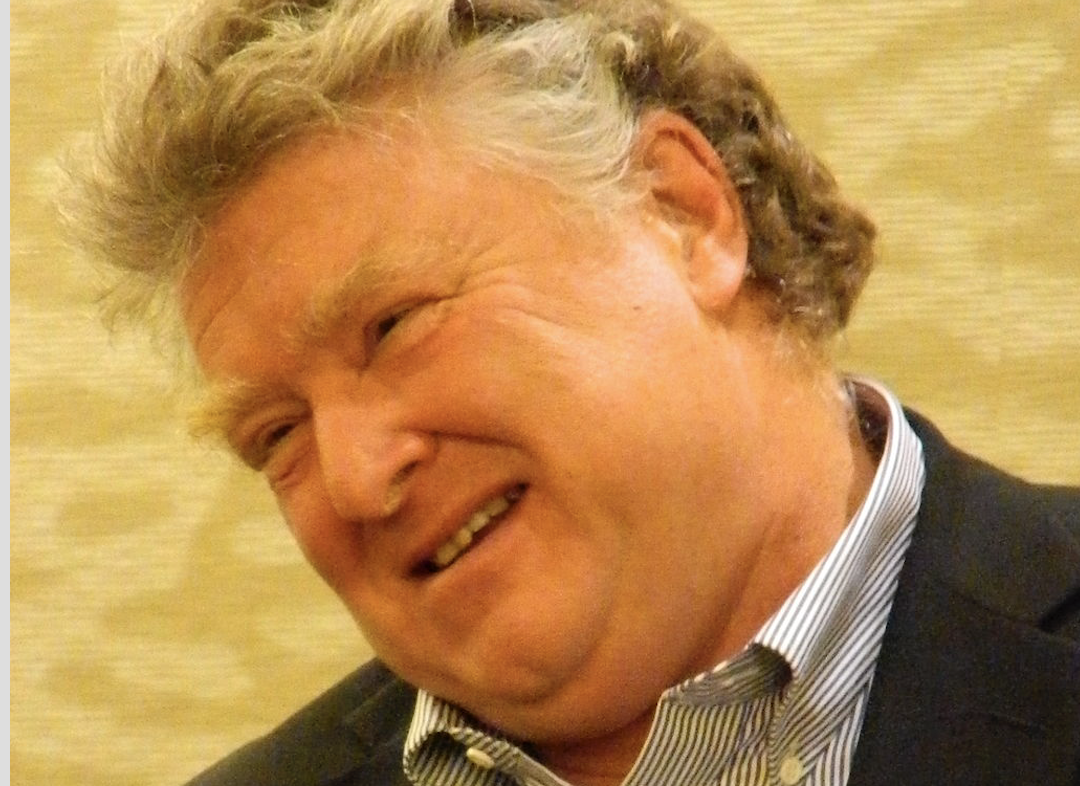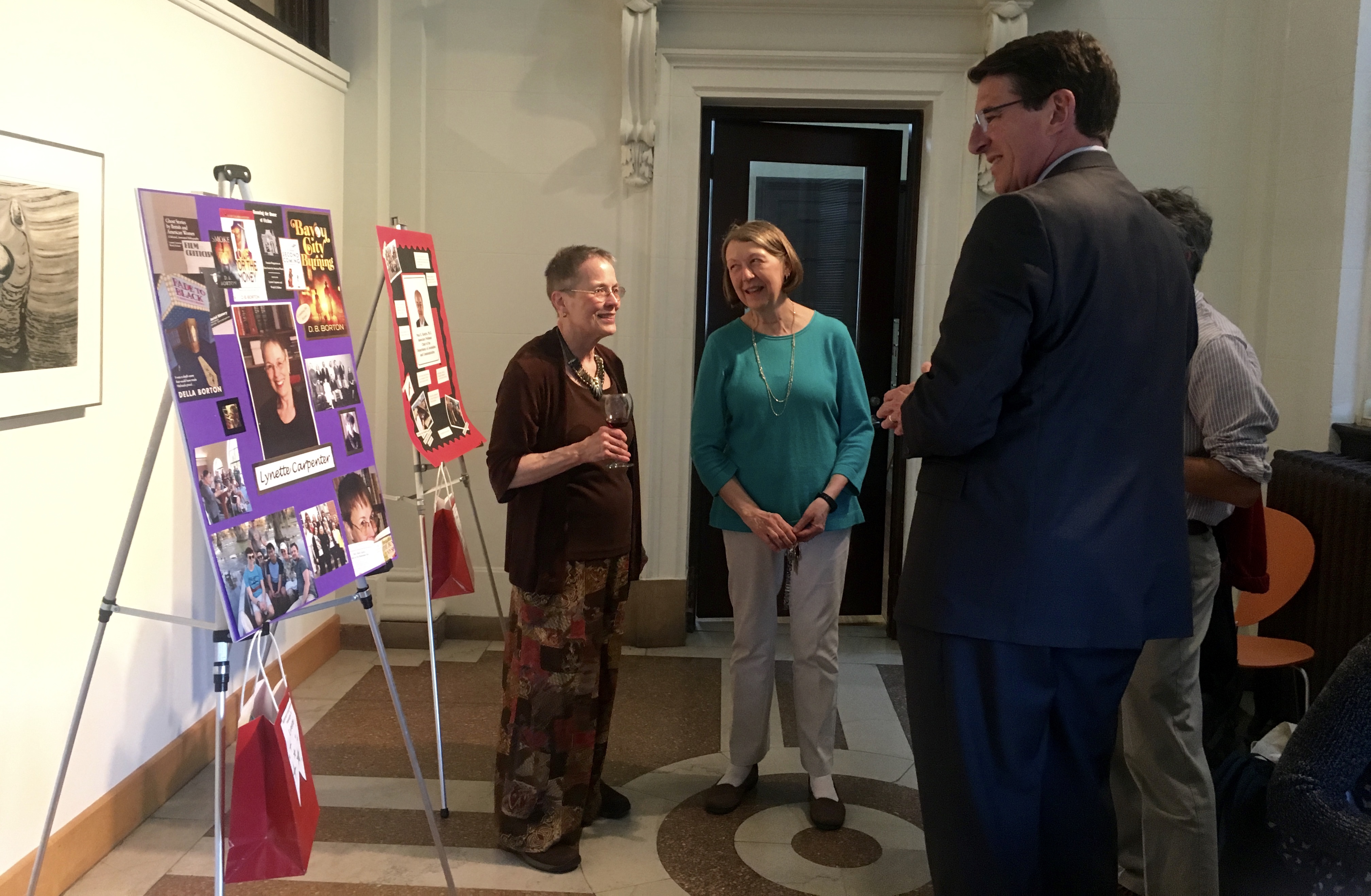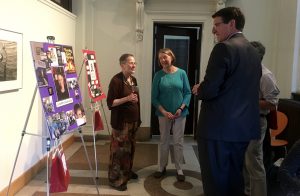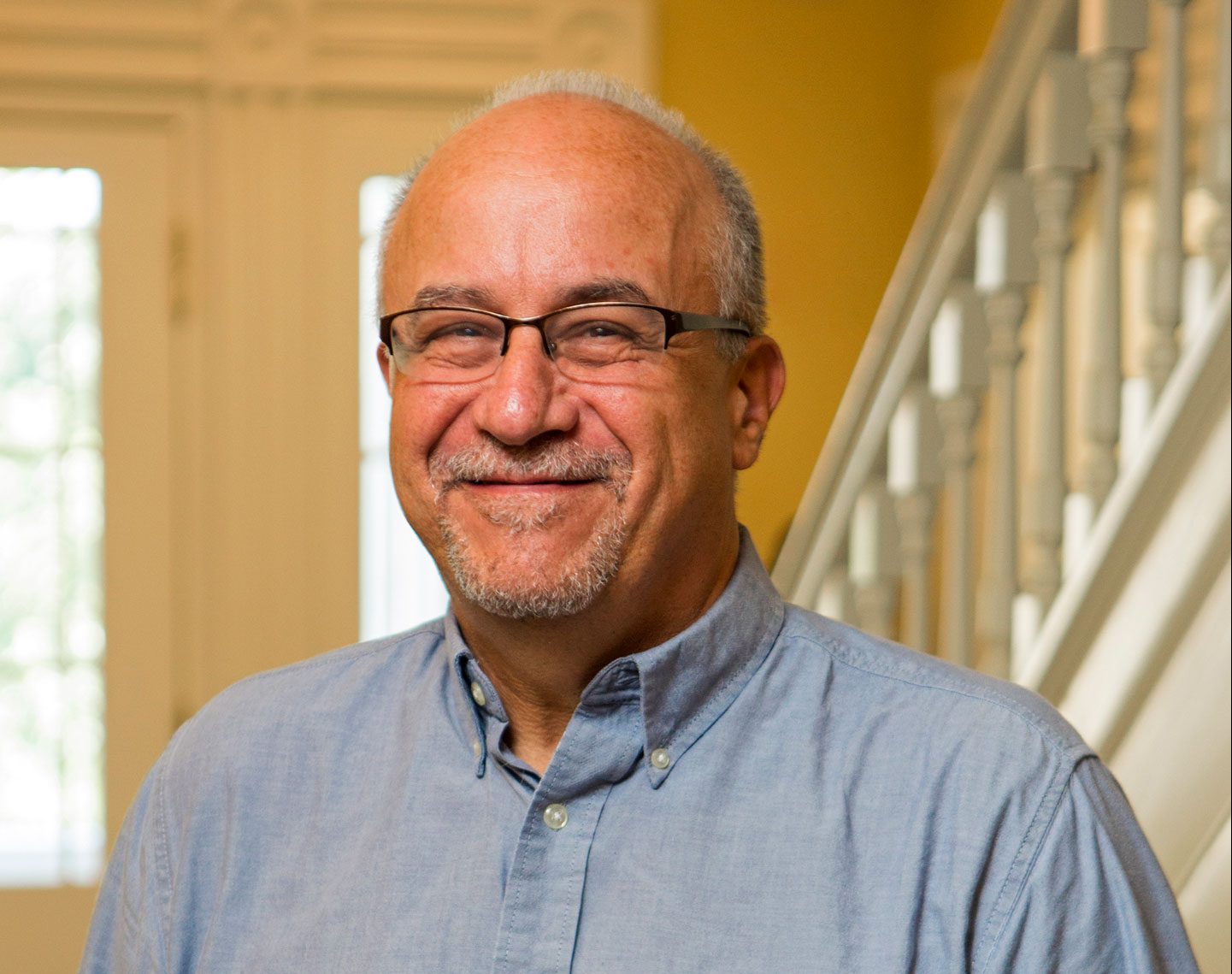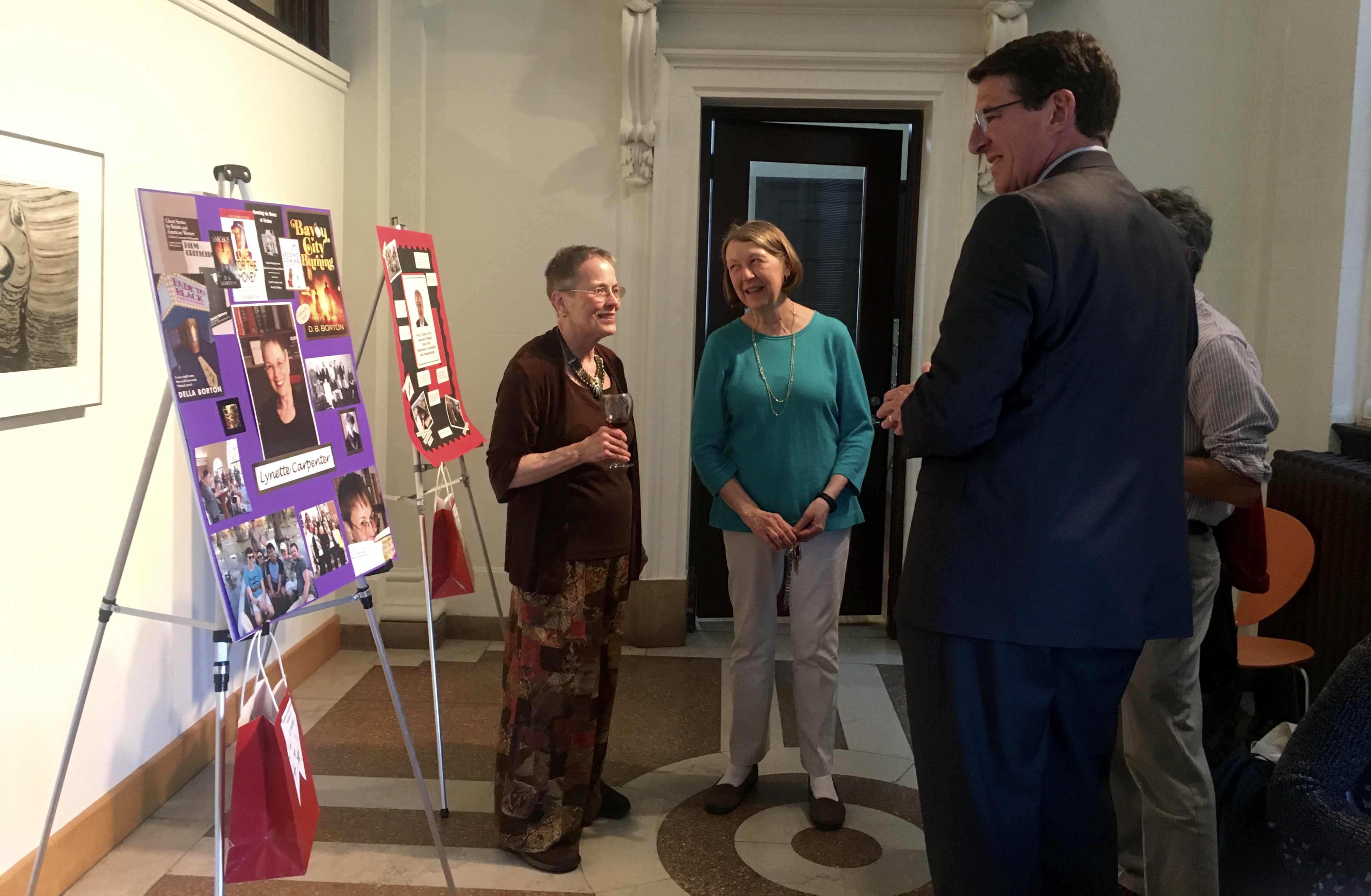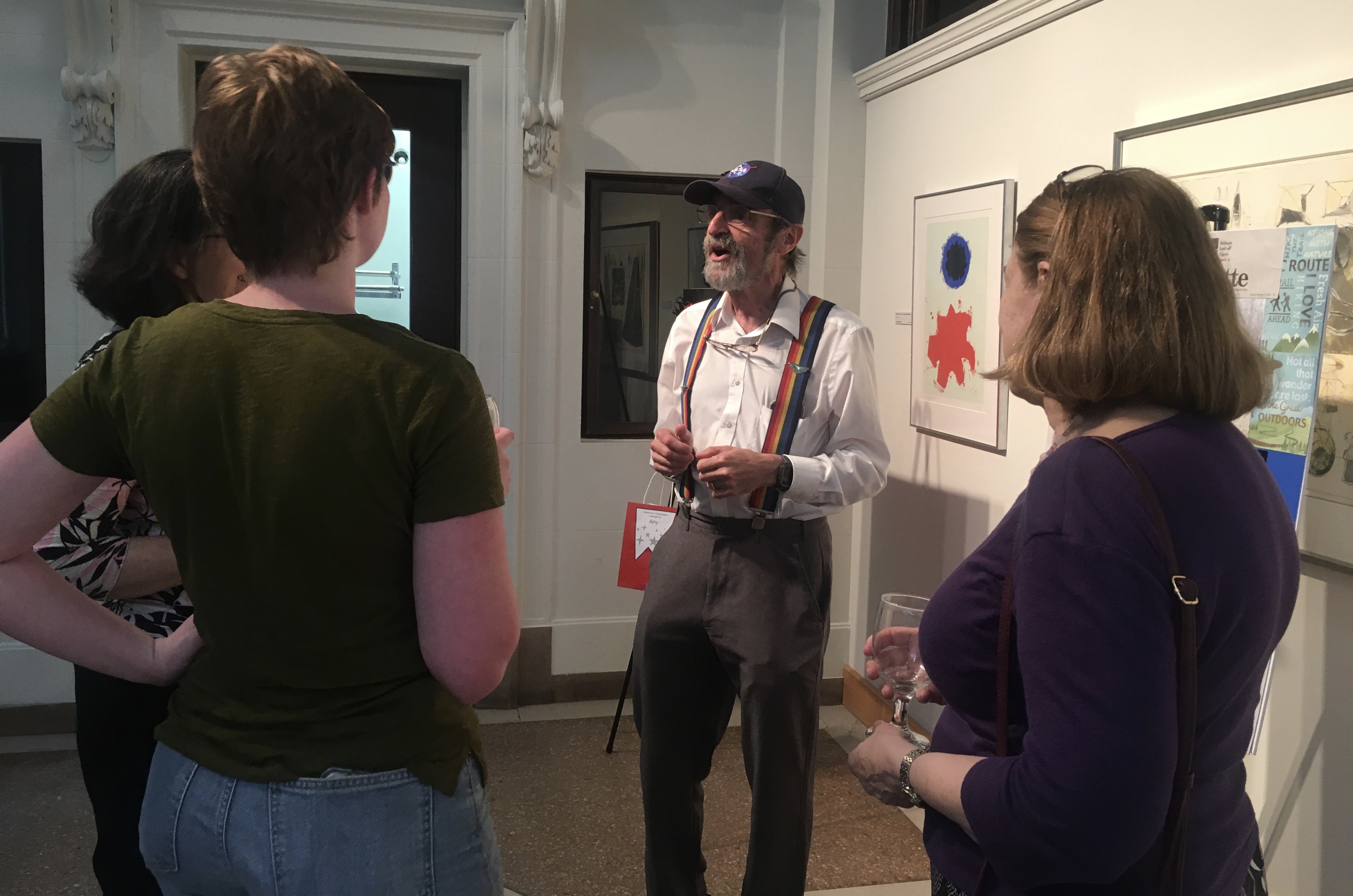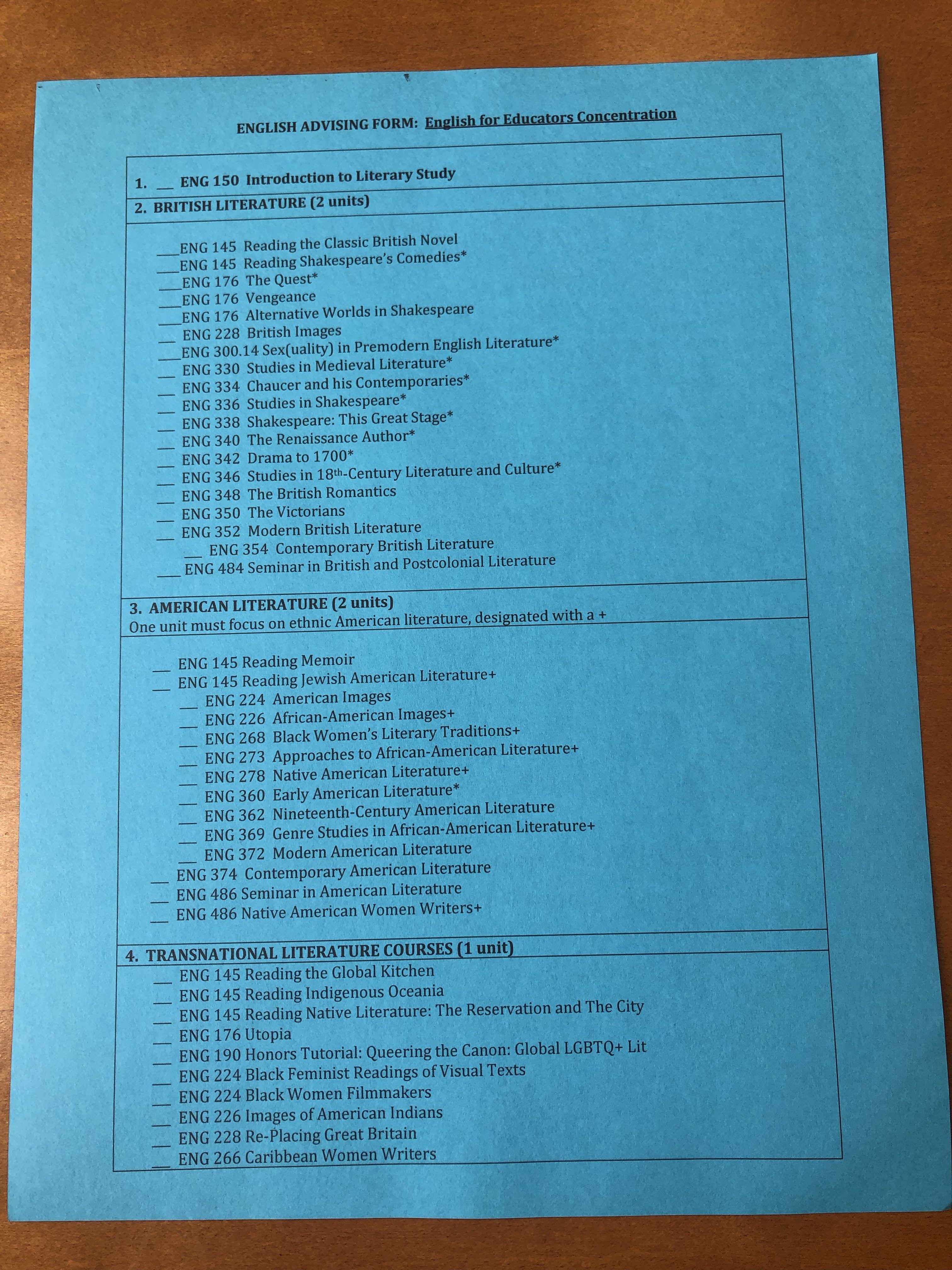Alex Emerson
Transcript Correspondent
aaemerso@owu.edu
Turns out majoring in English has earned a bad rap.
That generally accepted impression is a myth, according to a couple of Ohio Wesleyan English professors who pinched hit for a missing speaker scheduled to lead a Thursday discussion titled “What Did I Do with My English Major?”
The event’s focus aimed to help students understand what they can do with an English major after graduation, as well as pointing to the resources OWU has available for them.
Nancy Comorau, an associate English professor and Patricia Demarco, an English professor, led the conversation after OWU alumna Kristina Wheeler (’16), who was going to preside, was unable to attend for personal reasons, according to Comorau. Wheeler, who has an English degree, is an editorial and production assistant at The Ohio State University Press.
The discussion was informative despite not going as planned. Comorau and Demarco talked about paths for English majors, including graduate school, professional school and career paths.
There’s a myth that majoring in English is a bad idea, which isn’t really true.
“There’s this idea that when you say you’re majoring in English, people say ‘OK, well are you going to teach?’” Comorau said.
English majors have an advantage with careers in communications because they know how to write and many internships are available in any field that involves writing, Demarco and Comorau said. Demarco talked specifically about the writing and editing experience involved in a political internship.
“Working in politics is great editorial work. Even in local politics, nothing gets released without going through lots of revisions and edits,” Demarco said.
For the English major interested in creative writing, or in graduate school, a Master of Fine Arts degree is an option, which involves rigorous coursework. A master’s is typically necessary in order to teach a subject like creative writing at a university, Comorau said.
OWU offers English majors resources that give students real-world experience. An example is the Sagan Academic Resource Center where students help other students edit writing assignments.
Not only that, the Sagan Center also improves the people skills of students working there because they interact with people all day, said senior Brandon Stevens, a member of Sagan.
Other helpful organizations include the Sturges Script, a student-run blog made by associate English professor Zackariah Long, The OWL, OWU’s literary magazine and The Transcript.
If you’re an English major worried about how much money you’ll make, you could have the wrong idea about that as well.
“English majors tend to outpace other majors in terms of money … English majors make less at first and more money later on,” Demarco said.

